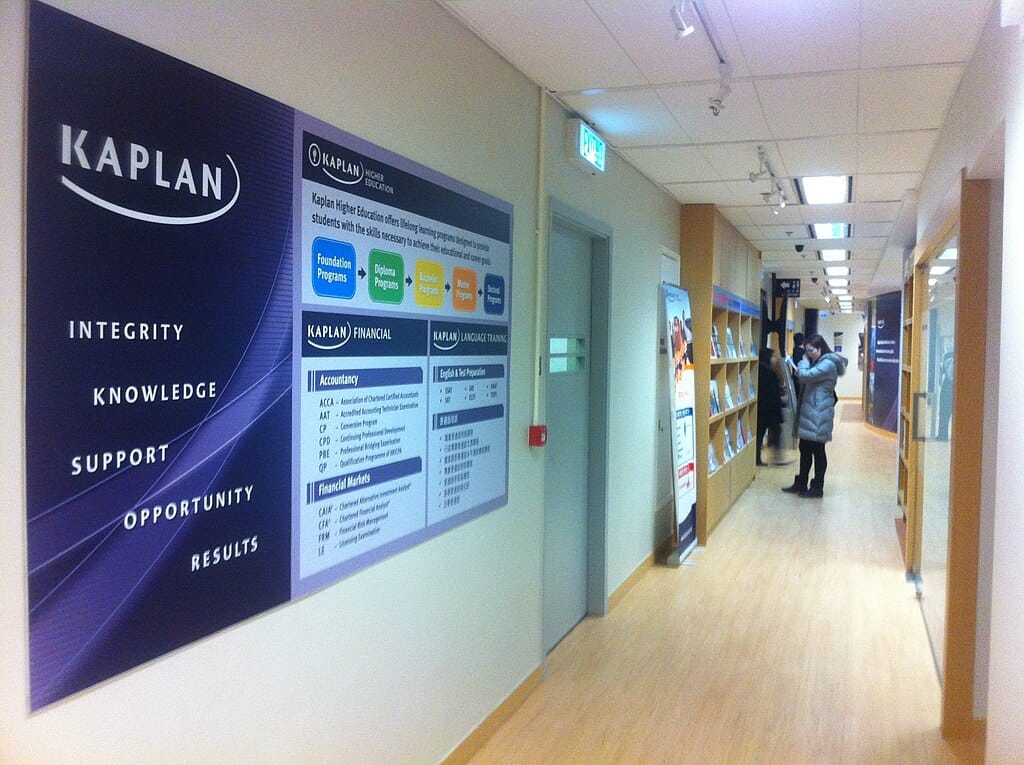11 organisations to receive SQE exam funding from SRA-backed initiative using Kaplan penalty cash
A £360,000 fund amassed from financial penalties imposed on Solicitors Qualifying Examination (SQE) provider Kaplan is being distributed to support disadvantaged individuals hoping to qualify as solicitors, the Solicitors Regulation Authority (SRA) announced today.
The funding will be divided among 11 organisations that specialise in legal education, professional development, and social mobility. The funds are earmarked to cover entry fees for the SQE1 and SQE2 exams, which stand at £1,934 and £2,974 respectively. Candidates could begin sitting their exams as early as January 2026.
The 11 organisations selected to receive the funds are: Aberystwyth Veteran’s Legal Link Clinic, Accutrainee, Black and Proud CIC, Bristol Law Society, The College of Legal Practice, The Law Society’s Diversity Access Scheme, The Law Training Centre, The Legal Social Mobility Fund, The Social Welfare Solicitors Qualification Fund, The University of Lancashire, and The University of Law.
Each of these organisations will administer their own selection process to determine which aspiring solicitors will receive the financial support.
Embed from Getty ImagesThe money has been collected since the SQE’s introduction in 2021, under an agreement whereby Kaplan pays into a designated fund whenever it fails to meet performance targets set by the SRA. This £360,000 is the first distribution from that fund.
The SRA indicated that future uses of the fund will depend on the scale of further penalty payments and the regulator’s wider business priorities.
Paul Philip, chief executive of the SRA, said he was keen to follow the progress of the successful applicants.
“One of the objectives of the SQE is to promote a diverse profession by removing artificial and unjustifiable barriers. Our decision to distribute the fund in this way reflects our commitment to meeting the SQE objectives,” he said.
“The fund recognises that talent, not financial circumstances, should determine who can become a solicitor. Up to 190 candidates could be supported through the scheme.”
The announcement comes at a time of heightened scrutiny of the SQE regime. Earlier this week, a petition calling for reform of the SQE, including criticism over exam difficulty, costs and a lack of transparency, attracted hundreds of signatures.
The initiative was welcomed by the Law Society, which also received funding for its Diversity Access Scheme (DAS).
Law Society president Richard Atkinson commented: “Our work to support aspiring solicitors who face significant personal barriers to qualify will be greatly helped by the funding provided by the SRA. This funding will promote social mobility and work towards increasing diversity within the legal profession by supporting individuals who face social, educational, financial or personal challenges to qualifying as a solicitor.”
The DAS supports aspiring solicitors from disadvantaged backgrounds in completing their legal education, securing work experience, and gaining access to mentoring opportunities.
With entry fees for the SQE among the most expensive components of qualification, the fund provides an opportunity for many to progress without being priced out of the profession.
The scheme represents one of the most tangible applications of regulatory penalties being redirected to support access to the profession, rather than simply being absorbed as administrative sanctions.
The SRA has signalled that it may continue to explore other initiatives tied to its goals of equality, diversity and inclusion — provided that penalty income from Kaplan or other regulated bodies permits it
